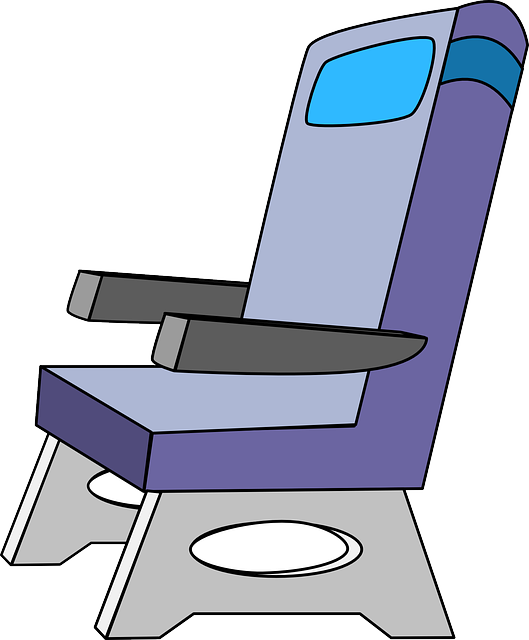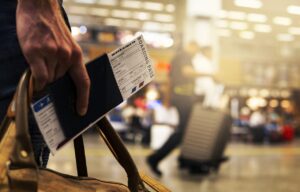Although it appears that airplane seats could not grow any smaller, the Federal Aviation Administration (FAA) is presently collecting public input to evaluate if airlines should be banned from lowering seat sizes. There are presently no laws in existence addressing the space and size of airplane seats, thus airlines can continue to set their specifications in the absence of an official judgment.
United States Senate Majority Leader Chuck Schumer has long advocated for proposing requirements for minimum seat room and distance between seat rows and has been pressing for changes to the FAA renewal bill since 2016. Over the weekend, Schumer urged the people to protest the FAA and submit comments by November 1 to guarantee that airlines are not allowed the option to further reduce seat capacity.
“Any minimum seat and [legroom] size standard should be made with the input of experts and consumers and based on science, passenger health, and safety, not only the maximum number of people that can be crammed into one plane to make a buck,” said Schumer in a statement.
Currently, federal rules mandate a specific amount of space in exit rows, but airlines choose their seating layouts. According to a Fortune study, the average seat pitch (the measurement from the back of one seat to the same position of the seat in front) has decreased from 35 inches in the 1970s to around 31 inches today, while the typical airline seat width has decreased from 18.5 inches to around 17 inches.
After Congress adopted a measure to alter the FAA Reauthorization Bill in 2018, the FAA was compelled to investigate the seat issue, therefore the FAA performed simulated emergency evacuations to see if seat sizes influenced passenger safety. The FAA is now providing a window for the public to contribute their opinions so that the FAA may review them and determine whether limits on airlines are needed.
“The FAA invites public comments to assist the agency in determining what minimum dimensions (including pitch, width, and length) of passenger seats may be necessary for safety, including in particular airplane evacuation,” written in an FAA notice. “The FAA has assessed what safety issues could be associated with seat dimensions and concluded that additional data regarding evacuations could be valuable.”
















More Stories
Norway to Introduce 3% Tourist Tax at Hotspots from 2026 to Tackle Overtourism
Brussels Airport Set for Record Summer: Over 5.1 Million Passengers Expected, Up 5%
Rising Anxiety Alters U.S. International Travel: Safety and Insurance Now Top Concerns